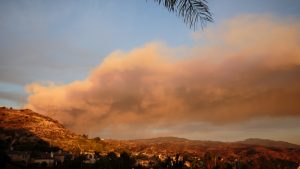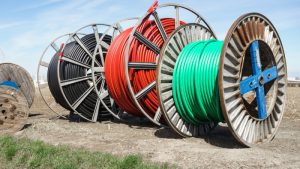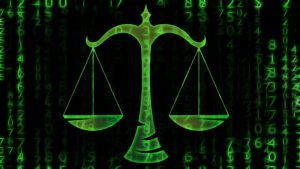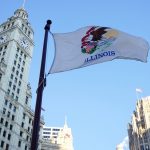Sens. Amy Klobuchar, D-Minn., and Dan Sullivan, R-Alaska, on Friday introduced the Global Electoral Exchange Act, which would task the State Department with creating an international election security information sharing program.
In what may qualify as the second largest data breach ever, Marriott announced that up to 500 million guests at the company’s Starwood Group hotels have had their personal data stolen.
Many residents of one area of California devastated by recent wildfires failed to receive any phone-based evacuation alerts telling them they were in danger, according to a report in the Los Angeles Times today.
Through collaboration, conversations, and expertise, the West Virginia Broadband Enhancement Council has helped to bring faster internet connectivity to the state through both traditional and nontraditional internet providers, as members of the council discussed on November 14 at Bloomberg’s Next.2018 event.
NTCA–The Rural Broadband Association, a broadband industry group that represents more than 800 independent and community-based telecommunications companies in rural and small-town America, announced Friday that it elected new board members at its fall board meeting.
In a report released Wednesday, the Government Accountability Office (GAO) found that the Federal Communications Commission (FCC) could do more to expand broadband access on tribal lands. The GAO offered three recommendations to the FCC, which the agency agreed with.
In a letter released Thursday, Rep. Jerrold Nadler, D-N.Y., questioned the Trump administration’s commitment to election security and pressed administration officials to communicate more clearly with Congress about the issue.
Sen. Jerry Moran, R-Kan., highlighted the benefits of broadband services for rural areas, and with Democratic control of the House coming in January, offered an optimistic view on the prospects of bipartisan broadband expansion legislation.
The State of North Carolina, Cisco and industry partners will work together to implement a cybersecurity training initiative for veterans in the state, as the state announced today.
The Supreme Court (SCOTUS) has declined to hear a case regarding the legality of Obama-era Net Neutrality rules–putting an end to a lengthy legal battle by declining to hear USTelecom’s appeal. The telecommunication industry group originally sued the Federal Communications Committee (FCC) under the belief that the FCC lacked the authority to impose public-utility, common-carrier obligations on broadband internet access service. Under the Obama-era rules, Internet Service Providers (ISPs) were barred from blocking or throttling web content or creating the so-called internet “fast lanes.”













